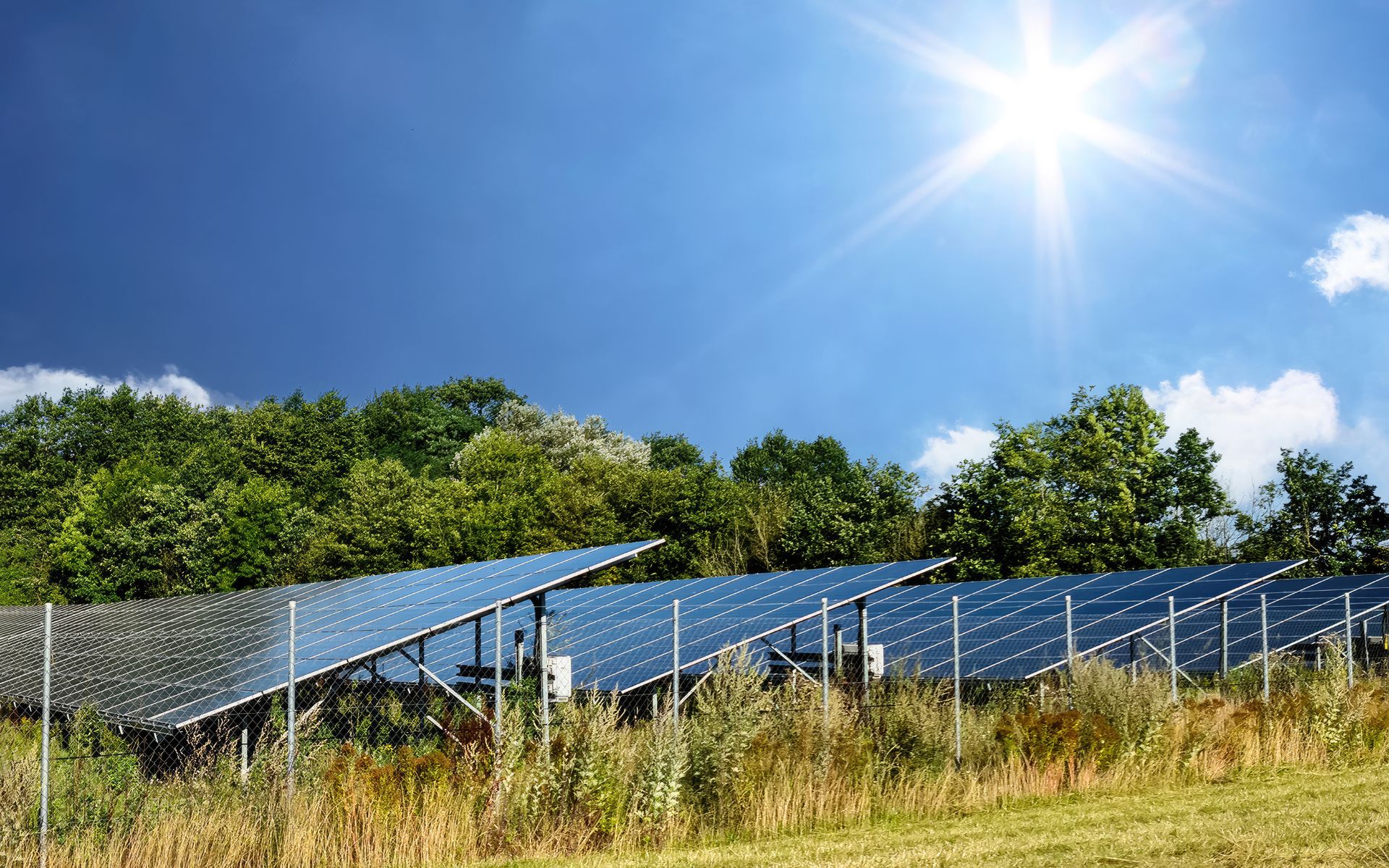Boosting Australia's Industrial Resilience: Tax Incentives for Hydrogen and Critical Minerals
Key Ideas
- The Australian Senate Economics Legislation Committee recommends passing a bill introducing tax incentives for hydrogen and critical mineral processing to enhance industrial growth and transition to a low-carbon economy.
- The proposed incentives include a hydrogen production tax offset and a critical minerals production tax offset to support companies meeting specific criteria and contribute to net-zero emissions.
- Senator Walsh and Greens Senator McKim advocate for swift approval of the bill, highlighting its potential to boost economic resilience, attract global investment, and create opportunities for Indigenous businesses.
- The tax incentives aim to encourage capital investment, strengthen supply chain security, and support local industries in Australia's quest to become a renewable energy leader, receiving bipartisan and cross-party support.
The Australian Senate Economics Legislation Committee has recommended the passage of the Future Made in Australia (Production Tax Credits and Other Measures) Bill 2024, which introduces tax incentives for hydrogen production and critical minerals processing. The bill proposes two primary incentives: the Hydrogen Production Tax Incentive (HPTI) and the Critical Minerals Production Tax Incentive (CMPTI). These incentives aim to support companies in these sectors and play a vital role in strengthening Australia's industrial capabilities while transitioning towards a low-carbon economy.
Senator Jess Walsh, the committee chair, emphasizes the strategic importance of the bill in enhancing economic resilience and security. She sees the production tax incentives as crucial for the growth of Australia's renewable hydrogen and critical minerals processing sectors, aligning with the government's goals of attracting global investment and moving towards a net-zero economy. The bill has received support from various quarters, with Greens Senator Nick McKim also highlighting its potential to attract investment and create opportunities for Indigenous businesses.
The bill's endorsements signal increasing policy support for industrial incentives aimed at positioning Australia in the global clean energy transition. By encouraging capital investment, strengthening supply chain security, and supporting local industries, the tax incentives aim to accelerate Australia's shift towards low-emission energy sources. With bipartisan and cross-party backing, the bill's passage through Parliament is expected to be a significant milestone in shaping the country's industrial and energy strategy.
Topics
Policy
Renewable Energy
Economic Development
Tax Incentives
Policy Support
Investor Confidence
Industrial Growth
Net Zero Transition
Clean Energy Supply Chains
Latest News
